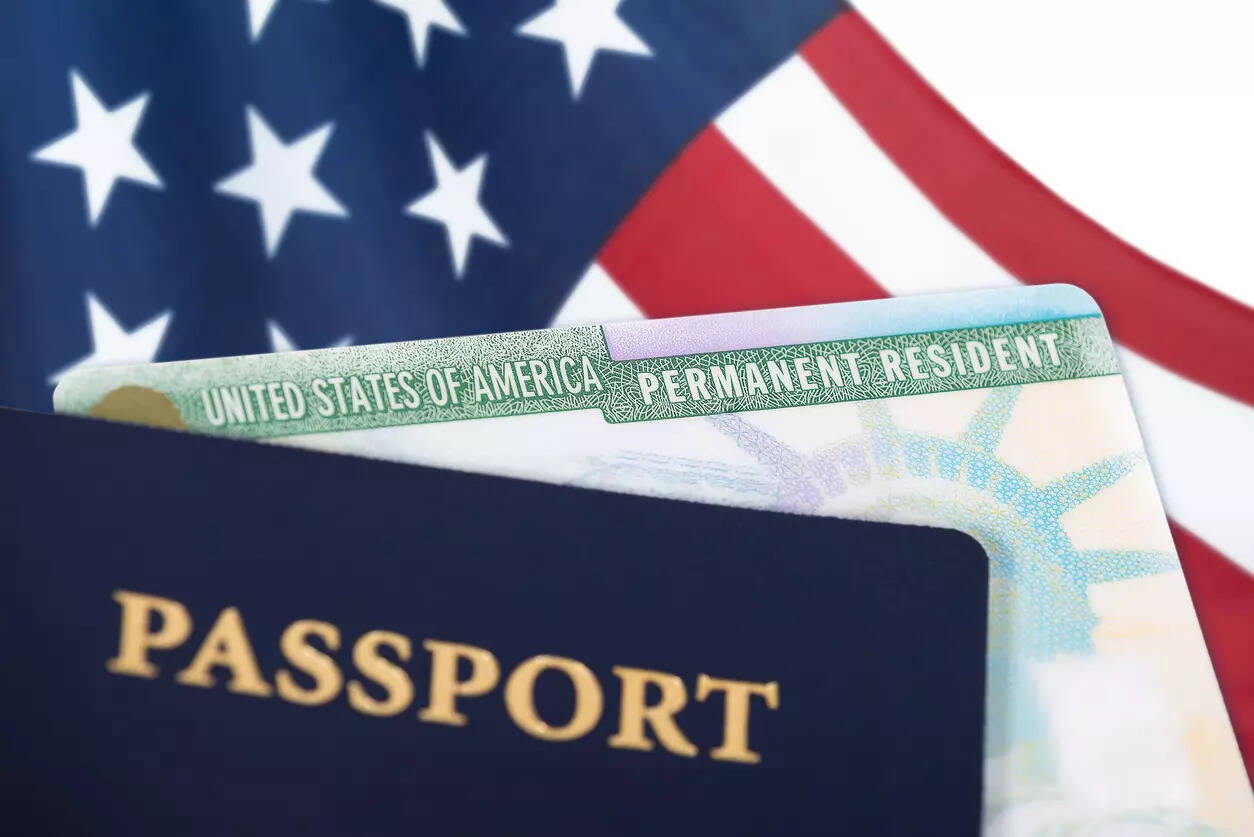The United States has introduced a new immigration policy that will examine the social media activity of visa applicants and green card seekers for content considered anti-Semitic by the Trump administration.
Immigration officials confirmed on Wednesday, April 9, that individuals supporting groups designated as terrorist organizations by the U.S. government—such as Hamas, Hezbollah, and Yemen’s Houthi rebels—may be denied entry or residency.
This policy, which takes effect immediately, expands the Trump administration’s immigration approach, making social media activity a significant factor in evaluating applications. Homeland Security Secretary Kristi Noem stressed that individuals endorsing or promoting what the administration views as anti-Semitic rhetoric or actions would be barred from entering or staying in the U.S.
“Anyone who thinks they can come to America and hide behind the First Amendment to advocate for anti-Semitic violence and terrorism—think again. You are not welcome here,” said Department of Homeland Security spokesperson Tricia McLaughlin.
The U.S. Citizenship and Immigration Services has stated that online content supporting “anti-Semitic terrorism” or affiliated groups will be considered a negative factor in immigration decisions, affecting both student visa and green card applications.
Secretary of State Marco Rubio has already revoked the visas of around 300 individuals, stating that these actions are ongoing. “Non-U.S. citizens do not have the same rights as Americans, and it is at my discretion to issue or deny visas—not that of the courts,” Rubio said.
The policy has sparked controversy, particularly after the deportation of Mahmoud Khalil, a prominent protest leader at Columbia University, who now faces removal despite being a U.S. permanent resident. Some individuals argue that they were targeted not for their own actions but for attending protests or being present at demonstrations.
Additionally, the Trump administration has withdrawn federal funding from several major universities, accusing them of not adequately addressing anti-Semitism on campus amid the ongoing protests over the Gaza conflict.


Ndi Ike.